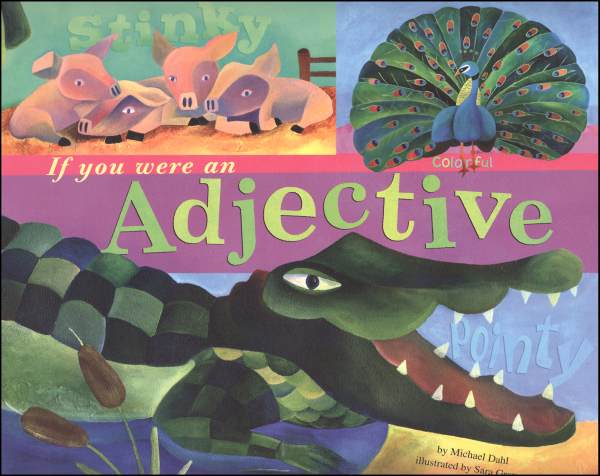

Then why don’t you use them yourself?ĭavid Crystal, on the other hand, has the courage of his convictions.

He says it’s time we embraced “they,” “them” and “their” as sexless singular pronouns (as in “Who lost their lunch?”). One might make the same complaint about Yagoda. The rule-bound sticklers leave no room for change, and the descriptivists are inconsistent: they sneer at Miss Grundy, “yet in their own writing follow all the traditional rules.” While some things bug Yagoda (he despises “enthuse,” for example), he has a healthy skepticism toward language extremists. (His title comes from a slur attributed to Mark Twain.) He also defends things that drive wordies crazy, like the adjective “fun” and the verb phrase “try and.” He admires the “salutarily emphatic redundancy,” as in “ ‘Raid Kills Bugs Dead’ (written by the Beat poet Lew Welch in a stint as an adman).” He sticks up for the two parts of speech that authors of writing manuals dump on most: adverbs and adjectives. Don’t overlook the surprisingly entertaining one on conjunctions - yes, conjunctions - with its riffs on the ampersand (“the more ampersands in the credits, the crummier the movie”) and the art of “ ‘but’ management.” No word is too humble for Yagoda, who can get lexically aroused by the likes of “a” and “the.” Each member of the “baseball-team-sized list” (adj., adv., art., conj., int., n., prep., pron. Yagoda, who teaches English at the University of Delaware, agrees that the categories are artificial, but he’s smitten with them anyway. Nouns get verbed, adjectives get nouned, prepositions can moonlight as almost anything. The nine categories are arbitrary and shifting. If you’re old enough to have learned the parts of speech in school, you probably think of them as written in stone. It’s about the wonder of it all: the beauty, the joy, the fun of a language enriched by poets like Lily Tomlin, Fats Waller and Dizzy Dean (to whom we owe “slud,” as in “Rizzuto slud into second”). His book, an ode to the parts of speech, isn’t about the rights or wrongs of English. Most grammarians, lexicographers, usage experts and linguists are somewhere in between: English is always changing, but that doesn’t mean anything goes.īen Yagoda, the author of “ When You Catch an Adjective, Kill It: The Parts of Speech, for Better and/or Worse,” is with the right-thinking folks in the middle. The truth is that the divide isn’t nearly as great as it’s made out to be. Get a few language types together, and before long someone will bring up the great divide between the preservers and the observers of English, the “prescriptivists” and the “descriptivists” - those who’d rap your knuckles for using “snuck” versus those who might cite Anglo-Saxon cognates in its defense. From the New York Times Book Review, March 11, 2007


 0 kommentar(er)
0 kommentar(er)
